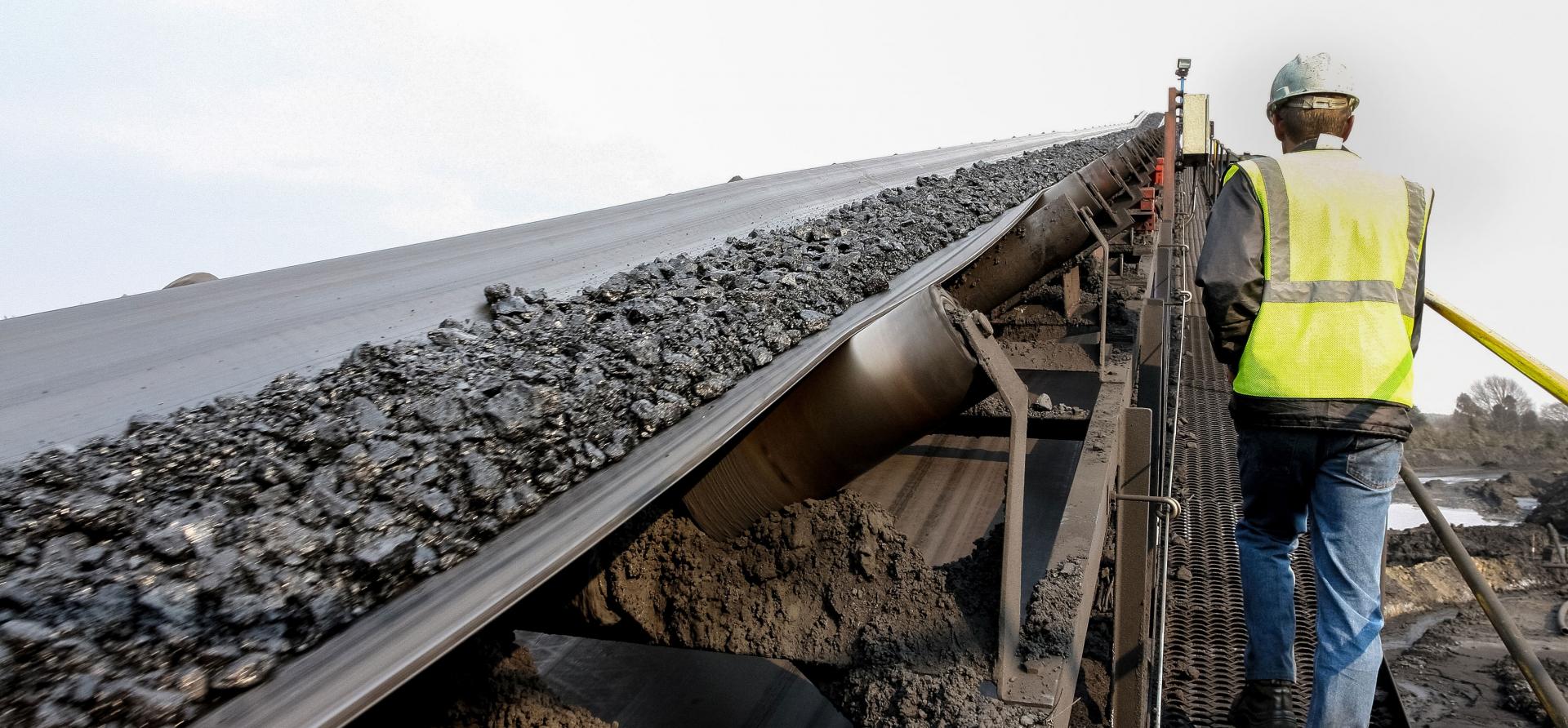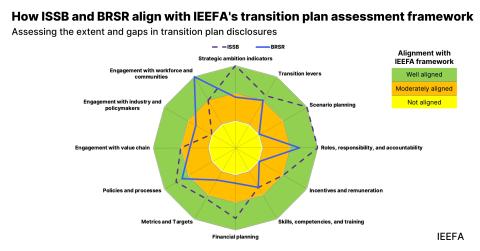Bylong Coal Project Expert Review
Download Full Report

Key Findings
The development of the Bylong Coal Project is not necessary to meet projected demand for coal.
Executive Summary
KEPCO’s proposed Bylong Coal Project, conceived in a previous energy era, is outdated now because of significant energy policy changes in South Korea. These changes reflect an energy transformation happening globally as increasingly cheap renewable energy technology undermines the business model for coal-fired power plants (Bylong was proposed originally as a supplier to KEPCO power plants in South Korea).
IEEFA brings the following key points to the attention of the Department of Planning and Environment and the Independent Planning Commission:
In IEEFA’s opinion, the development of the Bylong Coal Project is not necessary to meet projected demand for coal.
- The clear change in direction on energy policy by the South Korean government significantly impacts the long-term economic viability of the Bylong Coal Project in terms of the amount of coal that can be placed into the market and for how long. This calls into question whether the benefits of the project outweigh its social, cultural and environmental impacts and hence whether it can be justified on economic grounds.
- KEPCO’s letter of support for the project fails to consider the significant change in the long-term outlook for coal demand in South Korea that has taken place since the election of a new government in 2017. The April 2018 appointment of a new KEPCO CEO by the government is could see a reassessment of strategy resulting in a shift toward renewables and away from coal.
- South Korea’s new energy plan calls for less reliance on imported coal and nuclear and more on renewable energy and liquefied natural gas (LNG)-fired power generation. Renewables will provide 20% of the nation’s electricity by 2030 (up from 6.7%) and coal’s share of the power mix is to fall from 45.3% in 2017 to 36.1% by 2030.
- The government aims to encourage a switch from coal to LNG and renewables with increased taxes on coal. The coal consumption tax increased 20% to US$34/tonne from April 2018, adding to the existing carbon pollution price. Further tax changes to reduce coal consumption are being considered. Four existing coal-fired power plants are to be converted to LNG and two proposed new coal-fired plants will also likely be converted. South Korean LNG demand has been re-forecast upwards.
- Provincial governments also intend to reduce coal consumption. South Chungcheong Province, home to the majority of South Korea’s coal-fired power plants, has declared its intention to reduce reliance on coal to zero by 2050.
- South Korea’s efforts are driven partly by air pollution concerns. In April 2018, the Organisation for Economic Cooperation and Development (OECD) reported that South Korea has the worst air quality of any economically advanced nation. In 2017, older coal-fired power plants were temporarily closed to make good on an election promise to improve air quality. A similar move has been made now in 2018 with operations at five older plants suspended from March until June.
- South Korea’s build-out of renewable energy capacity is well under way. KEPCO itself is increasing its focus on renewable energy in South Korea; the company’s new CEO is expected to increase this focus further. KEPCO has taken steps this year to enhance transmission links to connect renewable generation hotspots with load centres.
- The influential International Energy Agency (IEA) has taken the significant changes in South Korean energy policy landscape into account in its latest World Energy Outlook report (2017), noting the following:
“We see Korean coal imports dropping by nearly 50% to less than 60 Mtce [million tonnes coal equivalent] in 2040.”
- It is clear why KEPCO would continue to maintain that the Bylong Coal Project has strategic importance, maintaining this position in an effort to achieve all planning approvals so that KEPCO can sell the project if and when the company concludes that it is no longer a strategic priority.
















